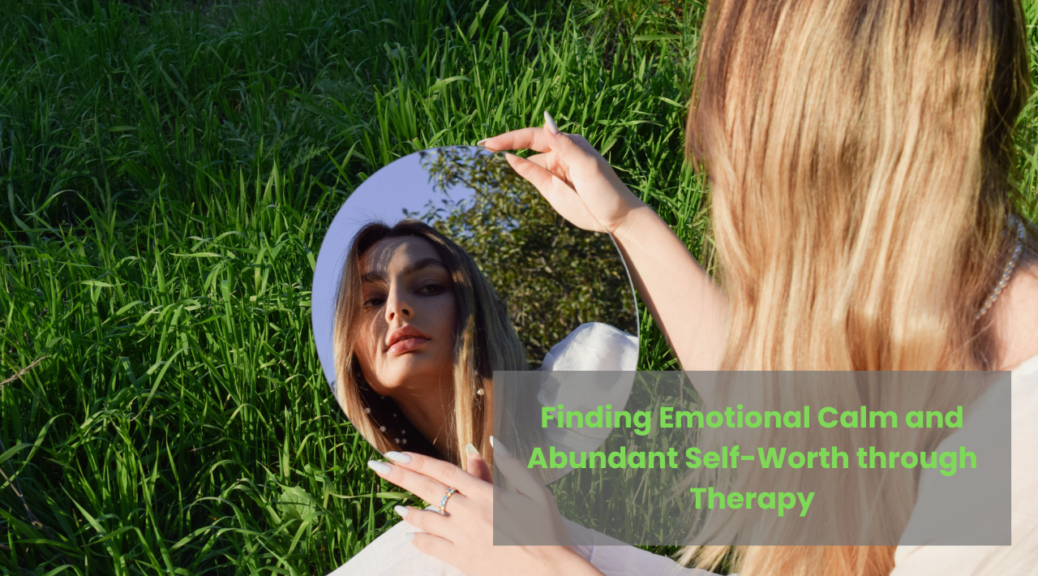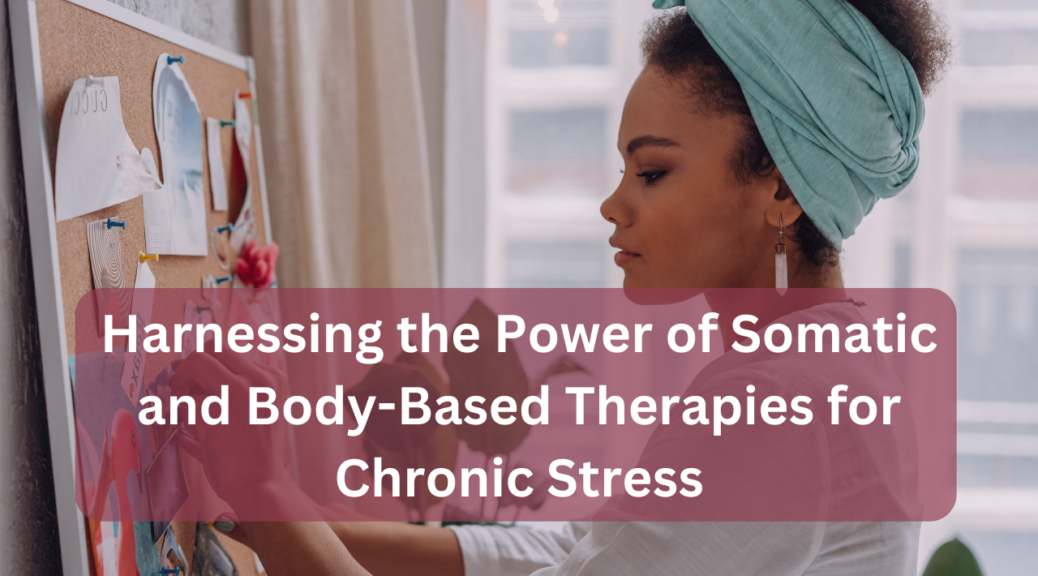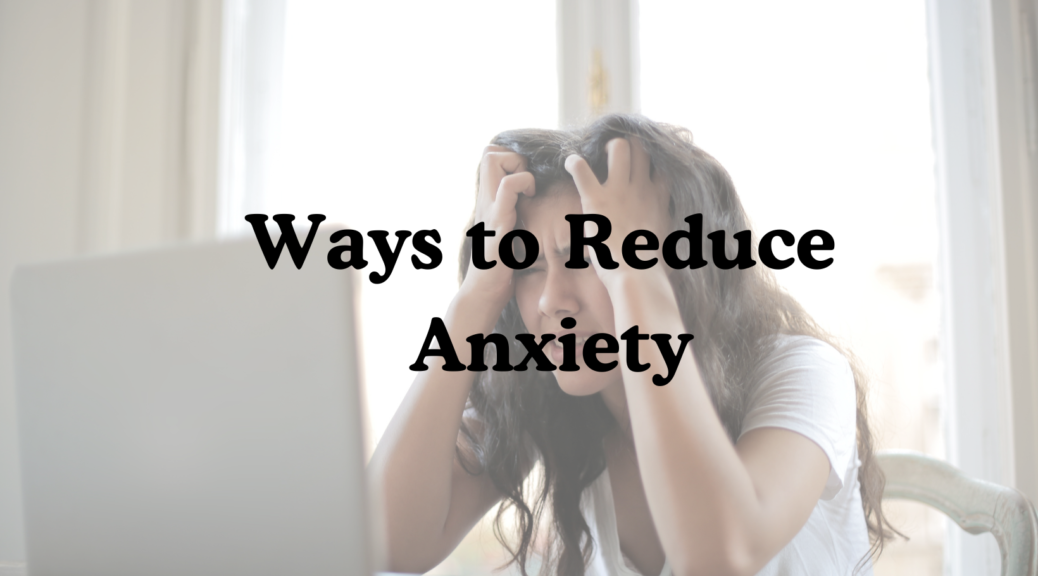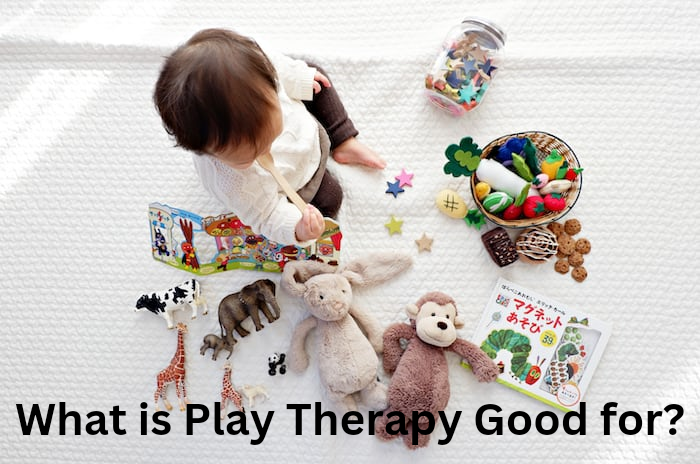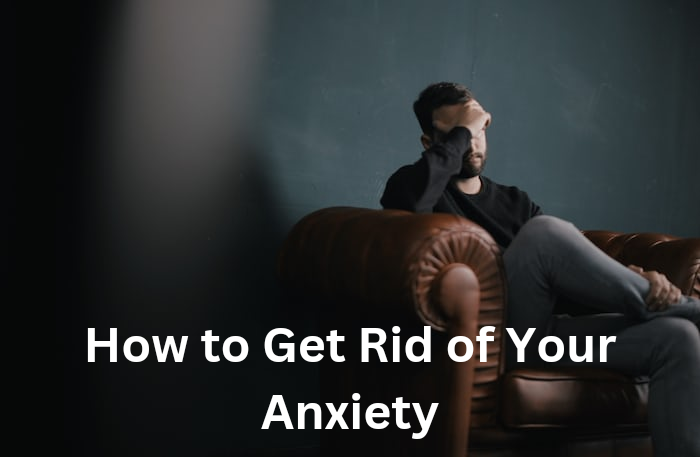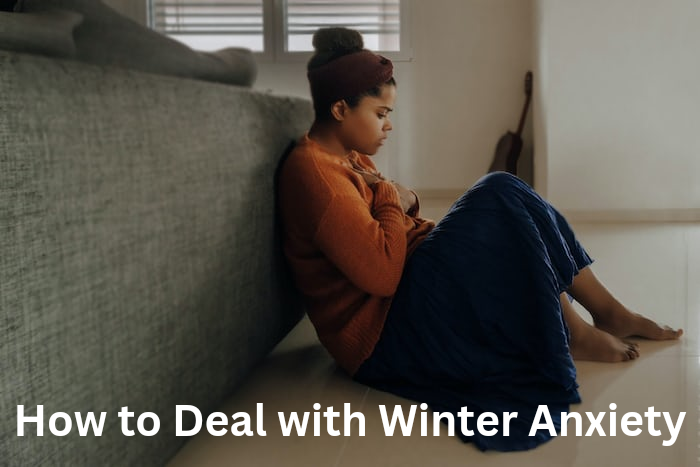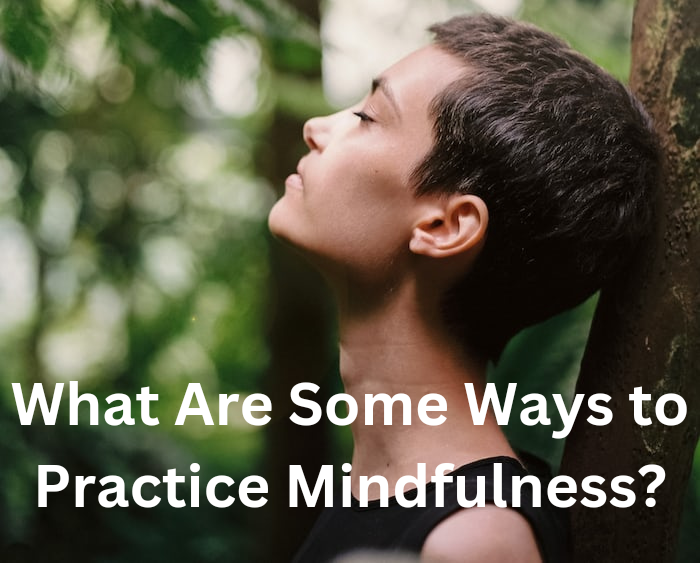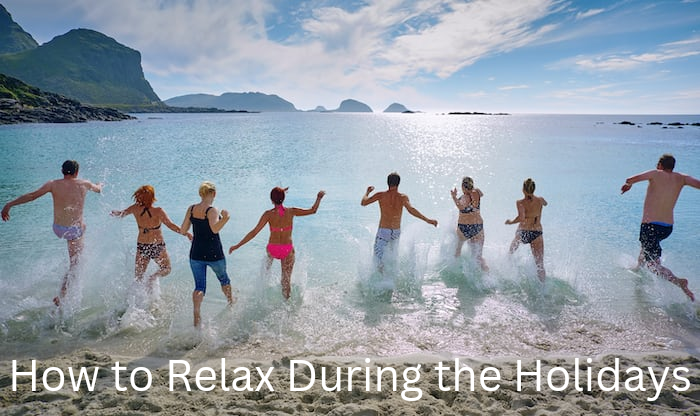In today’s fast-paced and demanding world, many of us struggle to find emotional calm and maintain a healthy sense of self-worth. The pressures of work, relationships, and the constant noise of social media can take a toll on our mental well-being.
However, one avenue that holds great promise for helping us navigate these challenges is therapy. Therapy offers a safe and supportive space where we can explore our emotions, gain insight into ourselves, and cultivate a deep sense of self-worth.
In this blog post, we’ll explore the five benefits of therapy, highlighting how therapy can be a transformative journey towards finding emotional calm and abundant self-worth.
Top Five Benefits of Therapy
Here are the top five benefits of therapy you should know:
Understanding Emotional Calm
Emotional calm is the state of being in control of our emotions, where we experience a sense of peace and tranquility. Therapy provides an opportunity to explore and understand the underlying causes of emotional distress. Through techniques such as cognitive-behavioral therapy (CBT), dialectical behavior therapy (DBT), or mindfulness-based approaches, therapists help individuals identify and manage their emotions more effectively. By gaining a deeper understanding of our emotional triggers and patterns, we can learn to respond to them in healthier and more constructive ways, leading to a greater sense of emotional calm.
Exploring Self-Worth
Self-worth refers to our perception of our own value and worthiness as individuals. Many of us struggle with self-doubt, negative self-talk, and feelings of inadequacy. Therapy can play a vital role in helping us address these issues and develop a positive self-image. Therapists create a non-judgmental space where we can explore our beliefs, challenge negative thought patterns, and reframe our self-perception. By examining our past experiences and relationships, we can uncover the root causes of low self-worth and work towards building a healthier and more compassionate relationship with ourselves.
Unpacking Emotional Baggage
Throughout our lives, we accumulate emotional baggage, which can hinder our emotional well-being and self-worth. This baggage may stem from traumatic experiences, unresolved conflicts, or negative beliefs instilled in us by others. Therapy provides a safe environment to unpack and process this baggage, helping us release emotional burdens that hold us back. By working through past traumas and addressing unresolved issues, we can gradually heal and move forward with a renewed sense of emotional calm and self-worth.
Developing Coping Mechanisms
In therapy, we learn practical coping mechanisms to navigate life’s challenges and maintain emotional balance. Therapists teach us healthy strategies to manage stress, regulate emotions, and improve our overall well-being. These coping mechanisms may include relaxation techniques, mindfulness exercises, setting boundaries, and enhancing communication skills. By incorporating these tools into our daily lives, we can better manage difficult emotions, reduce anxiety, and foster a greater sense of self-worth.
Embracing Personal Growth
Therapy is not just about addressing problems; it is also a journey of personal growth and self-discovery. Through therapy, we gain a deeper understanding of ourselves, our values, and our goals. We learn to identify and embrace our strengths, which empowers us to make positive changes in our lives. As we evolve and grow, our self-worth naturally blossoms, and we become more resilient in the face of life’s challenges.
So, understanding emotional calm, exploring self-worth, unpacking emotional baggage, developing coping mechanisms, and embracing personal growth are the top five benefits of therapy. By seeking professional help, we can embark on a journey of self-exploration, healing, and personal growth. Through therapy, we gain the tools and insights needed to navigate life’s ups and downs, manage our emotions effectively, and cultivate a strong sense of self-worth. Remember, seeking therapy is not a sign of weakness but a courageous step towards prioritizing your mental well-being.
How CCHC Can Help
The Center for Connection, Healing, and Change takes an interdisciplinary approach, interweaving psychotherapy and neuroscience with the timeless wisdom of mindfulness and meditation.
We promote connection, healing, and change in the following areas: couple and family relationships, substance use and processing addictions, depression and/or anxiety, self-worth and identity, sexual life, baby bonding and communication, attachment, experiences of trauma, abuse and PTSD, childhood experiences and family of origin work, chronic pain and physical illness, military life, parenting, stress management and resilience building, emotional regulation and wellbeing, anger management, spiritual life, behavioral issues, and sexuality.
Our therapists work with couples, children, teens, families, and adults—all from a systemic and holistic perspective. We are particularly committed to providing services grounded in trauma-informed care, somatic and body-based approaches, and attachment-focused ways of working.
Schedule a free consultation with us today, or visit our offices in Woodbridge or Fairfax.




